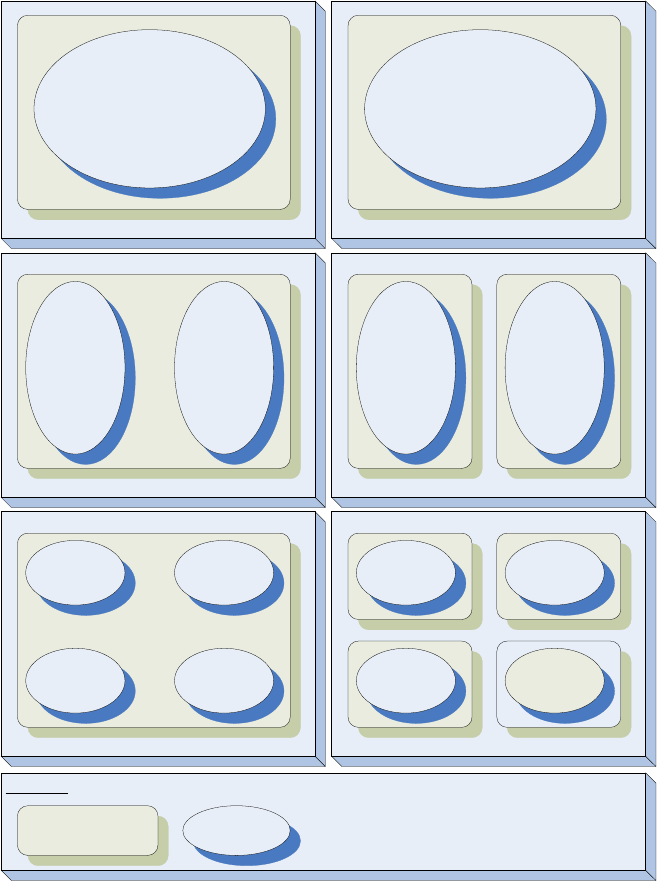Manual
Table Of Contents
- Table of Contents
- Preface
- 1 Introduction
- 2 Creating and Redistributing LNS Device Plug ins
- 3 How Plug ins Work with Directors
- How Plug ins Are Represented in the LNS Object Server
- How Plug ins are Installed and Made Visible to LNS
- How Plug ins Implement the Registration Command
- How Plug ins Respond to Commands from a Director Other than Registration
- How Directors Launch and Manipulate Plug ins
- What Plug ins Do When They Run in Standalone Mode
- Responding to Property Reads and Writes
- Uninstallation Issues
- Appendix A Standard Plug in Commands
- Appendix B Standard Plug in Properties
- Appendix C Standard Plug in Object Classes
- Appendix D Standard Plug in Exceptions

5. If the plug-in has not set the MultiObject value in the Windows registry to 1, release the reference
to it. SingleInstance functionality is described in
Implementing the Plug-in Object Class in
Chapter 2.
The director holds a reference to the plug-in so that it can send additional objects (in the case of
MultiObject support) or can activate the existing instance (in the case of SingleInstance support). In
these two cases, the director will always keep a reference to the plug-in until the director has
terminated, or explicitly released the plug-in (for example, you can use the Plug-in Registration
dialog in the LonMaker tool to deregister plug-ins).
Note that you can create a new process for each plug-in instance by overriding the PluginFactory base
class.
The following diagram illustrates the interaction between MultiObject, SingleInstance, and the COM
factory’s MULTIPLEUSE and SINGLEUSE flags.
Process exits when its plug-in is closed and released by the Director.
Process exits when all plug-ins are closed and released by the Director.
Process exits when all plug-ins are closed.
Process exits when its plug-in is closed and released by the Director.
Processes exit when their plug-in is closed and released by the Director.
Processes exit when their plug-in is closed.
MULTIPLEUSE SINGLEUSE
SingleInstance + MultiObjectSingleInstance + !MultiObject!SingleInstance (+ !MultiObject)
Handles ALL commands for ALL objects. Handles ALL commands for ALL objects.
Handles ONE
command for ONE
object/command
pair.
Handles ONE
command for ONE
object/command
pair.
Handles ONE
command for ONE
object/command
pair.
Handles ONE
command for ONE
object/command
pair.
Handles ONE
command for ONE
object/command
pair.
Handles ONE
command for ONE
object/command
pair.
Handles ONE
command for ONE
object/command
pair.
Handles ONE
command for ONE
object/command
pair.
Handles ALL
commands for
ONE object/
command pair.
Handles ALL
commands for
ONE object/
command pair.
Handles ALL
commands for
ONE object/
command pair.
Handles ALL
commands for
ONE object/
command pair.
Legend:
COM Server Process
Plug-In Instance
(COM Object)










